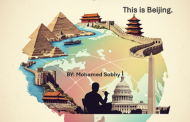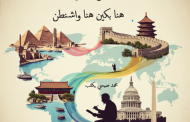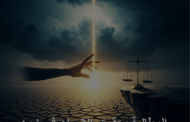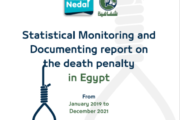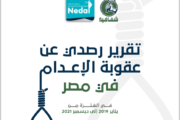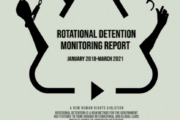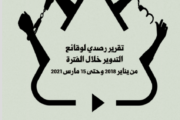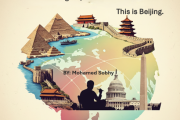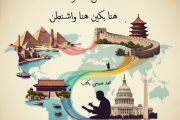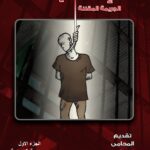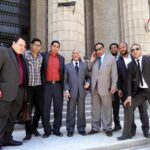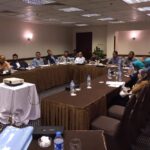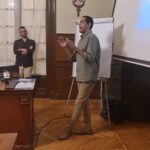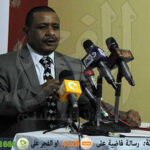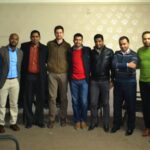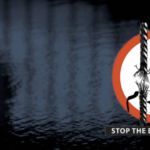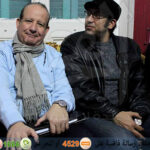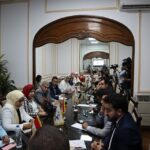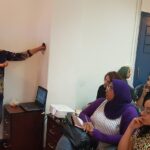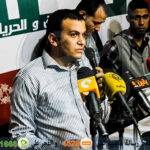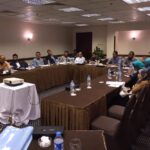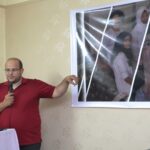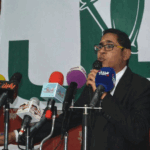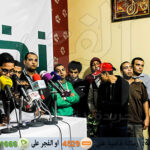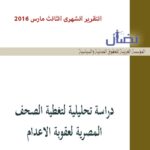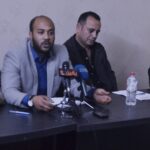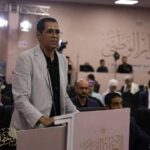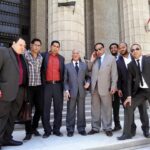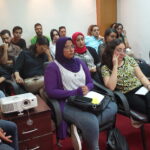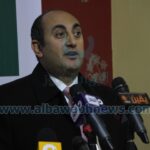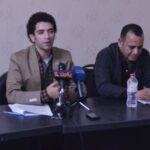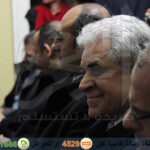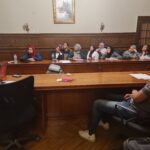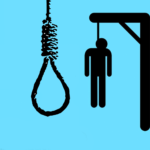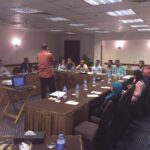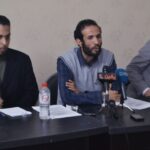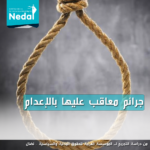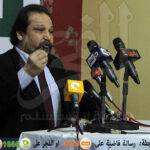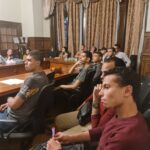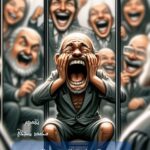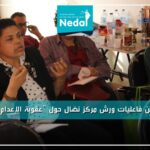When crisis strikes, the first casualty is often truth, swiftly followed by human rights. Authorities instinctively invoke “security,” “stability,” and “resilience” as justification for silencing dissent, dismissing calls for freedom as dangerous luxuries.
Any demand for any type of rights or freedoms is met with a canned response: “The time is not right,” “talking about human rights is a luxury we cannot afford,” and “whoever demands their rights now weakens the home front.” We can only be grateful if the response stops there. Accusations of treason, intimidation, and even score-settling and arrests are common in these circumstances. Yet, eliminating vital components of that home front in the regime’s self-interest doesn’t strengthen the state; it lays the foundation for inevitable weakness and deterioration.
The truth is quite the opposite: times of crisis are precisely when human rights become an obligation, not a luxury, nor a topic for postponed discussion.
Crises—whether political, economic, or health—do not create violations; rather, they highlight existing imbalances.
The lack of transparency, restricting the media, silencing critical voices, closing the public sphere, persecuting every free opposition voice, and nationalizing oversight bodies do not resolve the crisis. Rather, they deepen it and obscure its causes.
Using a crisis to justify injustice is a denial of justice precisely when countries need it most – a justice system that, for many, has been conspicuously absent for decades.
During the COVID-19 pandemic, many countries withheld information and arrested doctors and journalists. Did this save them from the crisis? Or did it increase the suffering? In times of war or regional tensions (such as in Palestine, Ukraine, or Sudan), context is used as a pretext to suppress dissent and curtail freedoms. But can security truly be achieved without respecting people’s rights? Or should we make golden frames for paintings from animal dung?
Human rights are not against the state, but rather a condition for its stability and progress.
The right to freedom of expression saves countries from misguided policies. The right to organize and participate fosters more just and representative policies and nurtures natural cadres and leaders capable of guiding the nation in the future. This guards against the perennial question of “who is the alternative?” and prevents the recurring imposition of security-driven leadership claiming the people are unqualified for democracy. Allow us, instead, to prove ourselves capable.
Justice and non-discrimination reduce tension and prevent social explosion.
When ears are deafened and voices are silenced, mistakes are repeated, and disasters accumulate. Only then do states fall.
For decades, the “war on terror,” “economic conditions,” and “foreign conspiracies” have been used as pretexts to close the public sphere.
The result: restrictions on unions, arrests of rights defenders, and the persecution of independent initiatives.
But the crises have not ended; they have worsened. This is evidence that repression is not a path to a solution, but rather an obstacle to it.
The state must recognize that civil society, in its broadest sense, is not the enemy. Rather, in times of crisis, people desperately need defenders, sources of reliable information, and those who monitor violations and demand justice. Human rights defenders are not enemies of the state, but rather partners in preventing collapse.
At the end of today’s talk, I feel it is necessary to emphasize that:
The voice of truth should not be postponed, and in moments of danger, we should not silence it. Rather, we should listen to it, no matter how opposed it may be. Moreover, in times of crisis, it is our duty to seek out the opposing voice and listen to those who see the situation from a different perspective, without accusing anyone of treason. We all strive for the benefit of one nation, where we all seek refuge from an enemy lurking on our borders. We should not waste time or energy confronting those who hold the same dream of a more advanced, prosperous, and secure nation.
In moments of ambiguity, we do not muzzle the media; we demand its full, active engagement.
In moments of pain, we do not suppress complaints, but rather confront the causes.
I conclude my talk with a clear statement that summarizes my point:
Demanding human rights is not a luxury, but a moral and national duty. Because without it, we don’t face crises, but rather run away from them… until they crush us.




